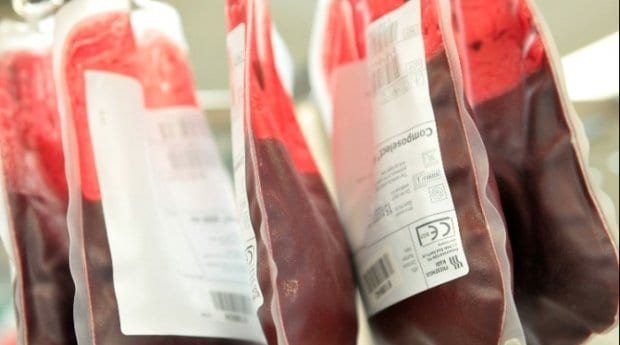South Africa is implementing a new policy that allows people who have been in monogamous relationships for more than six months — regardless of sexual orientation — to donate blood to the country’s national blood service, according to Mamba Online.
Prior to the change, South Africa allowed gay men or men who have sex with men (MSM) to give blood provided they had not been sexually active for at least six months.
The report quotes South African National Blood Service communications manager Vanessa Raju as saying that anyone with a new sexual partner will not be able to give blood for six months, while people with many partners will be banned from donating blood.
Pretoria advocacy group OUT Well-Being welcomes the change in policy, saying the previous rules were discriminatory, even though they weren’t meant to be.
These changes follow recent news that New Zealand is seeking to revise its blood-donor regulations. The New Zealand Blood Service (NZBS) has accepted a recommendation to reduce the time HIV-negative gay and bisexual men must wait to give blood to one year after they were last sexually active, Radio New Zealand reports. Currently, gay men are prohibited from donating blood for five years after they have been sexually active. Final approval of the proposed change, which would cover sex workers and people from countries with high rates of HIV, could occur by the end of the year.


 Why you can trust Xtra
Why you can trust Xtra


